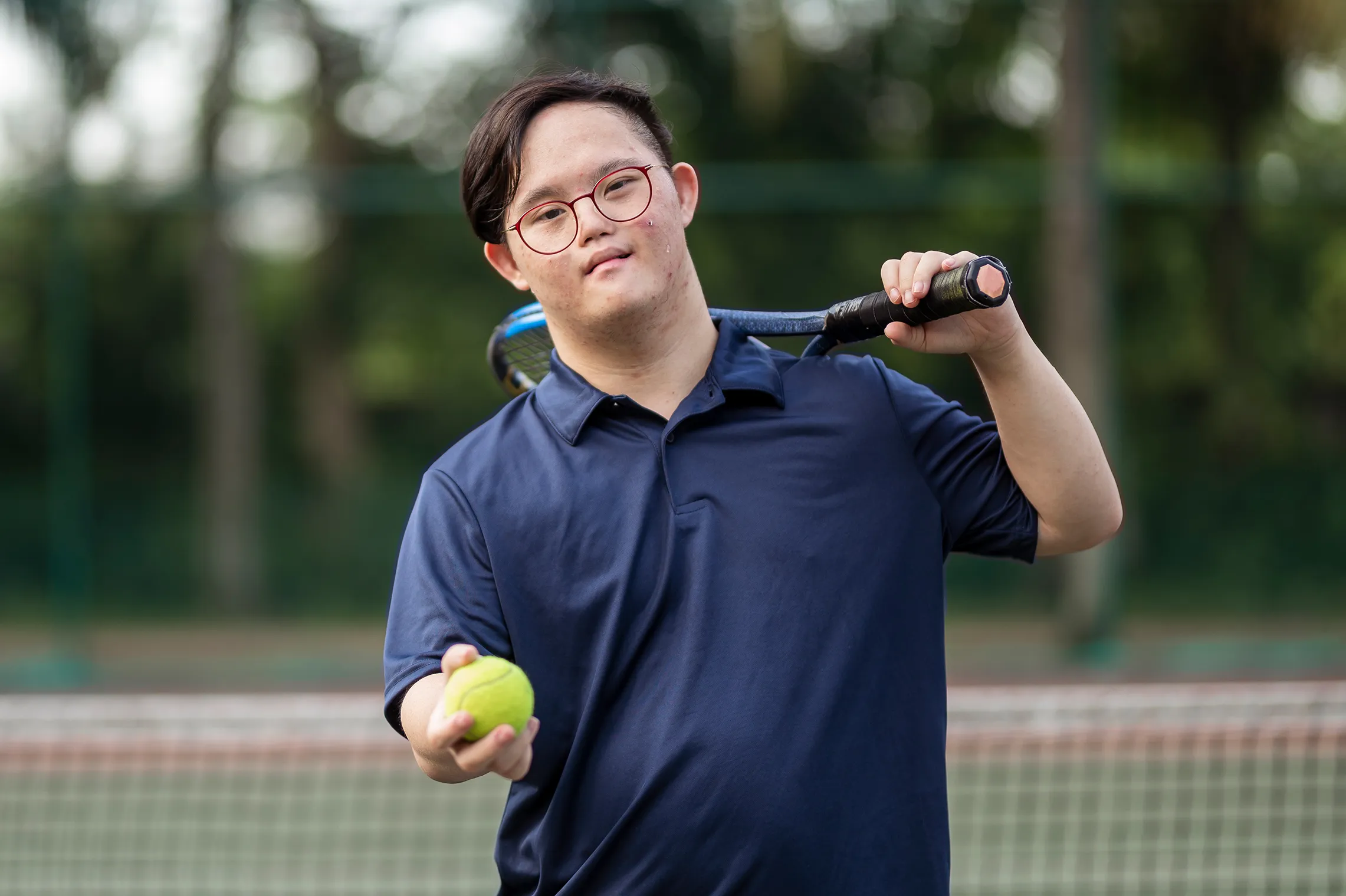
Recreation Revolution: Embracing Accessible Outdoor Activities for All Abilities
In the pursuit of well-rounded and fulfilling lives for individuals with developmental disabilities, a recreation revolution is underway—one that champions the accessibility of outdoor activities for all abilities. This article explores the significance of embracing accessible outdoor recreation, highlighting its transformative impact on physical health, social connection, and overall well-being.
Breaking Barriers to Nature:
Accessible outdoor activities aim to break down barriers that may limit individuals with developmental disabilities from experiencing the joys of nature. Whether it’s hiking trails equipped with accessible paths, inclusive playgrounds, or sensory-friendly outdoor spaces, these initiatives prioritize creating environments where everyone, regardless of ability, can immerse themselves in the beauty of the outdoors.
Adaptive Adventure Sports:
The recreation revolution extends its reach to adventure sports, making them adaptive and accessible for individuals with developmental disabilities. Adaptive skiing, kayaking, and rock climbing programs, for example, provide thrilling opportunities for individuals of all abilities to engage in exhilarating outdoor pursuits. These adaptive adventures not only promote physical fitness but also cultivate a sense of achievement and empowerment.
Inclusive Camping and Retreats:
Camping and outdoor retreats become inclusive experiences through thoughtful planning and design. Accessible accommodations, sensory-friendly campfire activities, and trained staff create an environment where individuals with developmental disabilities can enjoy the serenity of nature without feeling excluded. Inclusive camping fosters a sense of community, encouraging connections and shared experiences.
Nature as a Therapeutic Playground:
The great outdoors becomes a therapeutic playground for individuals with developmental disabilities. Nature therapy, also known as ecotherapy, harnesses the healing power of natural environments. Accessible outdoor spaces provide opportunities for sensory stimulation, relaxation, and the overall enhancement of mental well-being. From the calming rustle of leaves to the warmth of sunlight, nature becomes a therapeutic backdrop for holistic health.
Equine-Assisted Activities:
Equine-assisted activities, such as therapeutic horseback riding, offer a unique avenue for physical and emotional development. Accessible equestrian programs ensure that individuals with developmental disabilities can benefit from the therapeutic bond between humans and horses. These activities promote balance, coordination, and emotional connections, contributing to both physical and mental well-being.
Community Gardens for All:
Community gardens tailored to be accessible for all abilities celebrate the joy of gardening. Raised beds, adaptive tools, and inclusive gardening programs allow individuals with developmental disabilities to actively participate in cultivating green spaces. Engaging in gardening activities not only promotes physical activity but also fosters a sense of responsibility and connection to the environment.
Social Connection in the Wild:
Accessible outdoor activities are not only about the individual experience but also about fostering social connection. In outdoor group settings, individuals with developmental disabilities have the opportunity to connect with peers, share experiences, and build supportive relationships. The shared enjoyment of outdoor activities becomes a catalyst for community building, reducing social isolation, and promoting a sense of belonging.
Therapeutic Fishing:
Fishing, with its rhythmic and contemplative nature, becomes a therapeutic activity accessible to all abilities. Adaptive fishing gear, accessible fishing spots, and guided programs ensure that individuals with developmental disabilities can enjoy the serenity of fishing. Beyond the physical aspects, therapeutic fishing provides opportunities for relaxation, concentration, and a sense of accomplishment.
Accessible Nature Trails:
Nature trails designed with accessibility in mind open up opportunities for inclusive hiking experiences. Accessible trails feature smooth surfaces, gentle gradients, and amenities like resting spots. These trails enable individuals with developmental disabilities to explore the outdoors at their own pace, promoting physical activity, sensory engagement, and a connection to the natural world.
Nature’s Inclusive Embrace
The recreation revolution in accessible outdoor activities is a celebration of nature’s inclusive embrace. From adaptive adventures to therapeutic outdoor experiences, individuals with developmental disabilities now have a myriad of opportunities to engage with the outdoors. These initiatives not only promote physical health but also cultivate a sense of joy, connection, and empowerment, making the great outdoors an inclusive playground for all abilities.





